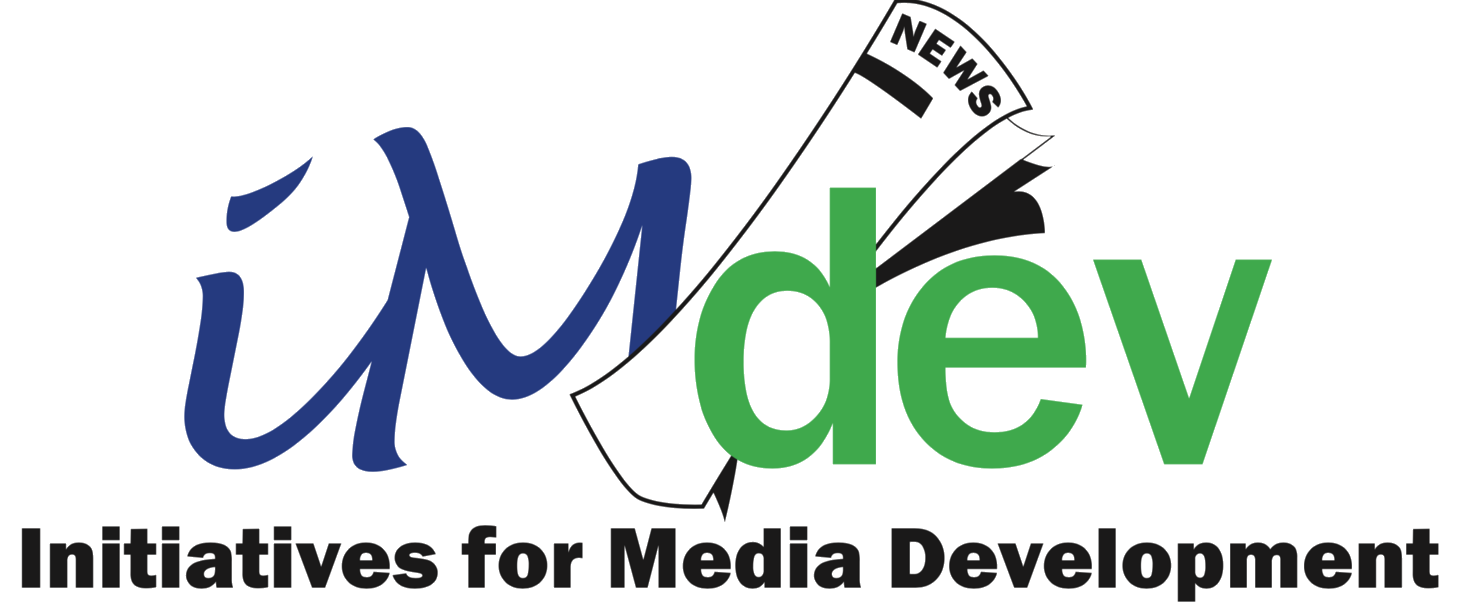


Julie (Not her real name), a hardworking 14-year-old girl from Bo Southern Sierra Leone, faces many challenges in pursuit of her dreams and education. Despite being in class four, she sells garri (a popular food item) in the surrounding communities around Bo every day until sunset to support her aunt's household. She lives with her aunt, and while her cousins focus on their studies, Julie takes care of the house chores and works tirelessly to make money to support the family.
Although Julie is passionate about her education, the demands of selling garri leave her with little time to study. This lack of study time has affected her performance at school, and she worries about her parents back in the village, who are struggling to provide enough food. Due to her family's financial difficulties, she feels obliged to obey her aunt's instructions and keep working.
In Sierra Leone, where poverty is prevalent, many children face similar situations of having to sell items on the streets to support their families. Despite the government's efforts to provide free quality education and school feeding programs, not all schools benefit from these initiatives, leaving children like Julie to fend for themselves.
Julie's story reflects the reality of many vulnerable children in the country. Even though she is a beneficiary of the free quality education scheme, she still must work hard to meet her basic needs. This situation is hindering her from reaching her full potential and making her parents proud.
Despite her determination, Julie's situation exposes her to risks such as early teen pregnancy and potential exploitation by older individuals. She finds herself in this challenging position due to her parents' inability to support her financially, and she feels troubled by the circumstances.
In school, Julie puts on a brave face, pretending that everything is fine, and keeps her struggles to herself. Her situation highlights the urgent need for more support and opportunities for vulnerable children in Sierra Leone. No young girl should have to endure maltreatment or risk their safety while trying to access education and improve their lives.
Julie's story serves as a reminder of the importance of addressing poverty and providing equal opportunities for all children to access education and pursue their dreams. It calls for collective efforts to ensure that vulnerable children like Julie can thrive and achieve their full potential, breaking the cycle of poverty and creating a brighter future for themselves and their communities.
End